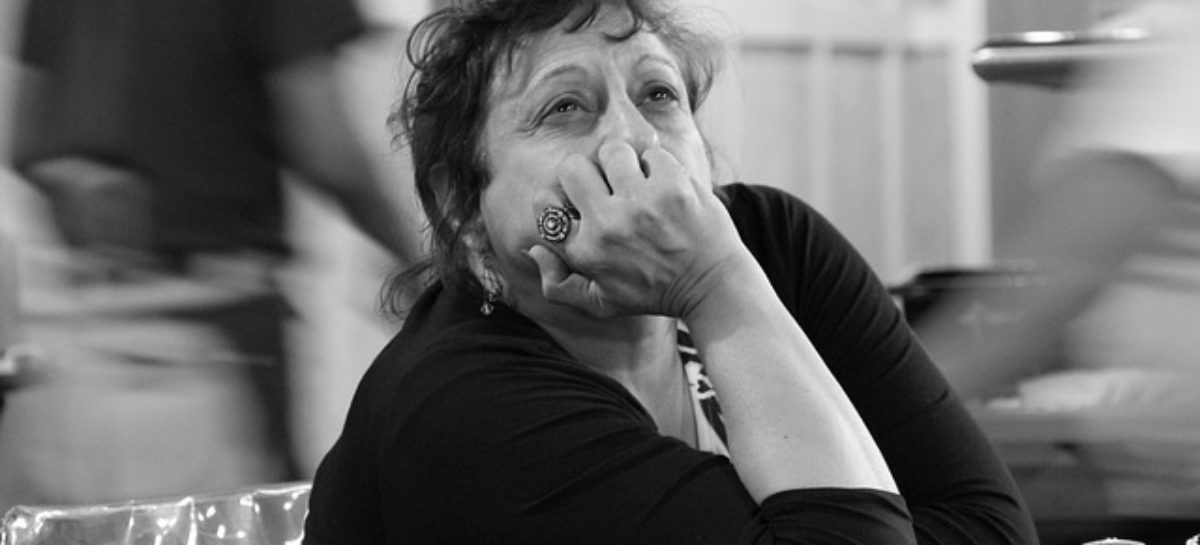Depression whether it occurs in the young adult or in the elderly is not normal. Generally, the tendency is to be dismissive of the condition, when it occurs in somebody 65 years old and beyond, attributing it to the normal aging process. On the contrary, it should be taken seriously and treated.
Depression in Senior Citizens is a mental and emotional disorder, and can have a negative and debilitating effect on the individual’s quality of life. However, the occasional “blue mood” or feelings of sadness are very normal.
A significant percentage of the elderly suffer from subsyndromal depressions and if left untreated, it could evolve into a major depression disorder. Some of the common symptoms associated with subsnydromal depression are:
– Insomnia
– Constantly feeling tired
– Frequent thoughts of death
– Trouble concentrating
– Significant weight gain
– Decelerated thinking
– Hypersomnia
Causes
The causes of depression in the elderly cannot be isolated to any single factor but generally it is an amalgamation of biological, social and psychological factors. Reports from researchers suggest that the following could be the contributors to geriatric depression:
– A family history of depression
– Traumatic life events such as loss of a loved one or abuse
– Low levels of crucial neurotransmitter chemicals in the brain
– Limited mobility due to biological complications
– Isolation
– Fear of death
– Prolonged substance abuse
– Change of location or financial status due to retirement, difficulty in making the transition
– Deaths of peers, friends, loved ones, widowhood or divorce
– Chronic medical conditions
Signs and Symptoms of Geriatric Depression
Regardless of the age group, the signs and symptoms of depression are the same and these include:
– Apathy
– Crying spells
– Changes in appetite
– Fatigue
– Feelings of worthlessness
– Irritability
– Lack of concentration
– Physical aches and pains – more often than not, these physical aches and pains are not related to any other medical condition and are because of depression
– Restlessness
– Sadness
– Sleeping problems
– Thoughts of suicide
– Withdrawal
Diagnosis
Detecting geriatric depression in an elderly person is quite difficult, so also diagnosing and treating it. A psychiatrist, who is a trained professional in both mental and emotional illnesses, can help diagnose symptoms of geriatric depression by checking the mood, behavior, everyday activities and family health history of the patient. There are also many tools available to help diagnose the type of depression (minor, major and Dysthymic disorders), a patient may have. The Geriatric Depression Scale or GDS is the most widely used scale to measure the level of depression in the elderly. A person is determined to have depression if the symptoms displayed are present, for no lesser than 2 weeks.
Treatment of Geriatric Depression
In the aforesaid paragraphs it has been discussed that geriatric depression cannot be attributed to any one cause. Likewise, there are multiple treatment options, each tailored to the needs of each patient. Discovering the right treatment may take time. Typically, any treatment devised will involve a mix of medication, therapy and lifestyle changes.
Several therapies are available, such as talk therapy, art therapy, cognitive behavior therapy and more. Lifestyle changes like increasing physical activities, having regular visits with family and friends, eating a well-balanced diet, finding a hobby or activity of interest, getting sufficient sleep, are used to treat depression in the elderly. There are a variety of medications that are used in the treatment of geriatric depression.
Living with and Managing Geriatric Depression
Aging certainly compounds the difficulties correlated to geriatric depression and can be difficult to diagnose. However, once diagnosed, with proper care and treatment, living and managing geriatric depression in an elderly loved one, is possible. The right treatment and care will vastly improve the quality of life of the elderly person, especially when family and friends participate, offering their support and help.
Kauvery Hospital is globally known for its multidisciplinary services at all its Centers of Excellence, and for its comprehensive, Avant-Grade technology, especially in diagnostics and remedial care in heart diseases, transplantation, vascular and neurosciences medicine. Located in the heart of Trichy (Tennur, Royal Road and Alexandria Road (Cantonment), Chennai, Hosur, Salem, Tirunelveli and Bengaluru, the hospital also renders adult and pediatric trauma care.
Chennai – 044 4000 6000 • Trichy – Cantonment – 0431 4077777 • Trichy – Heartcity – 0431 4003500 • Trichy – Tennur – 0431 4022555 • Hosur – 04344 272727 • Salem – 0427 2677777 • Tirunelveli – 0462 4006000 • Bengaluru – 080 6801 6801



